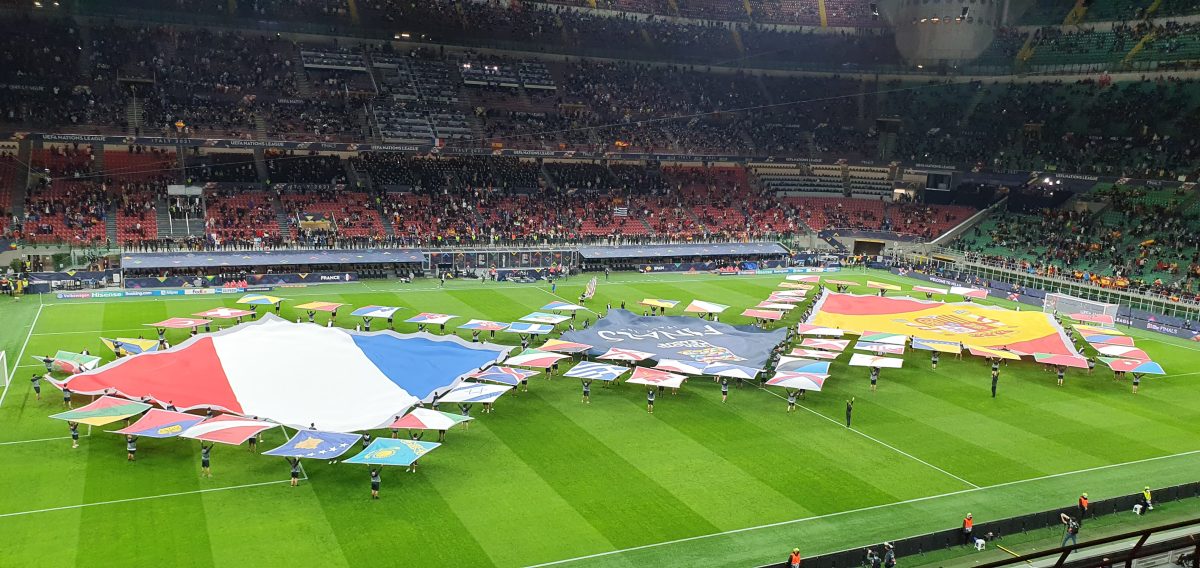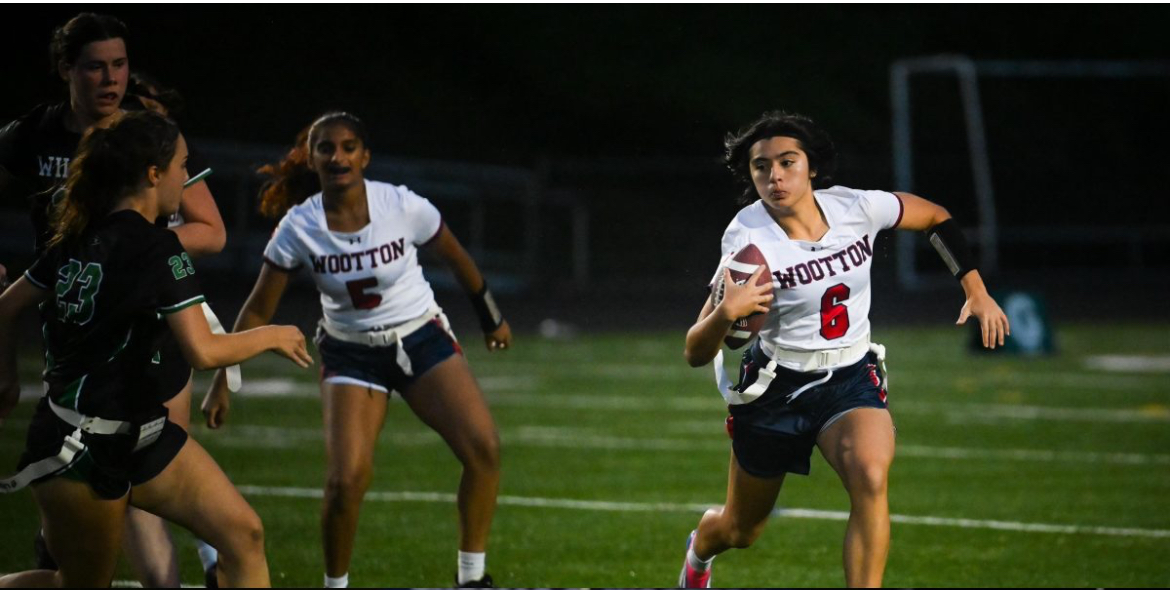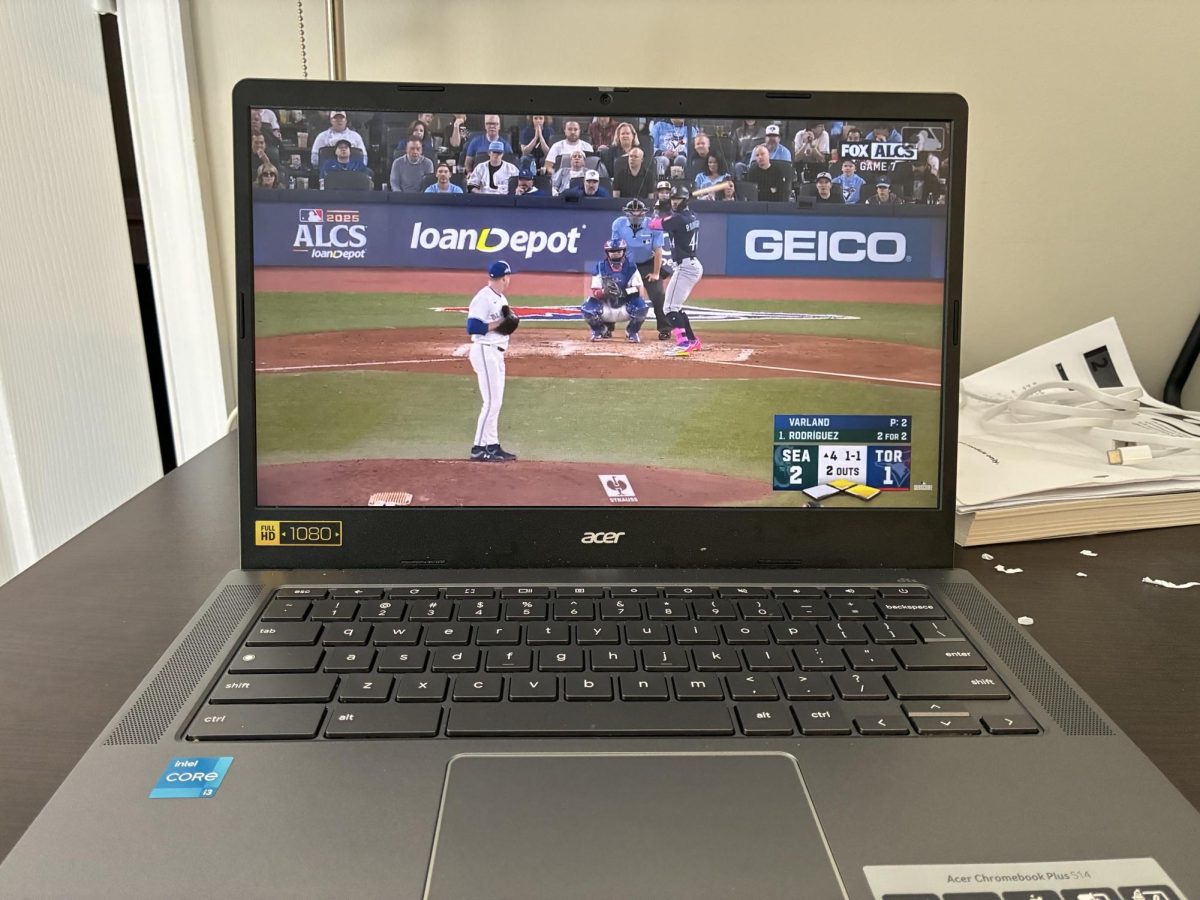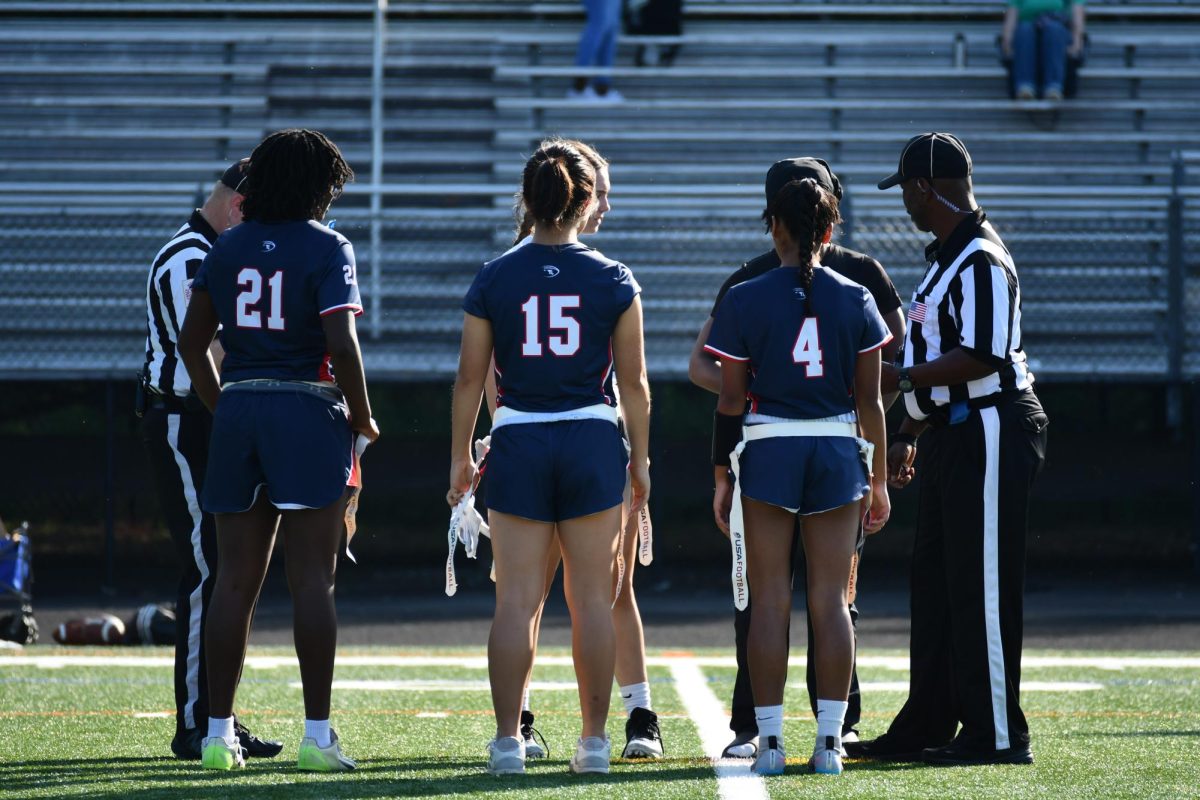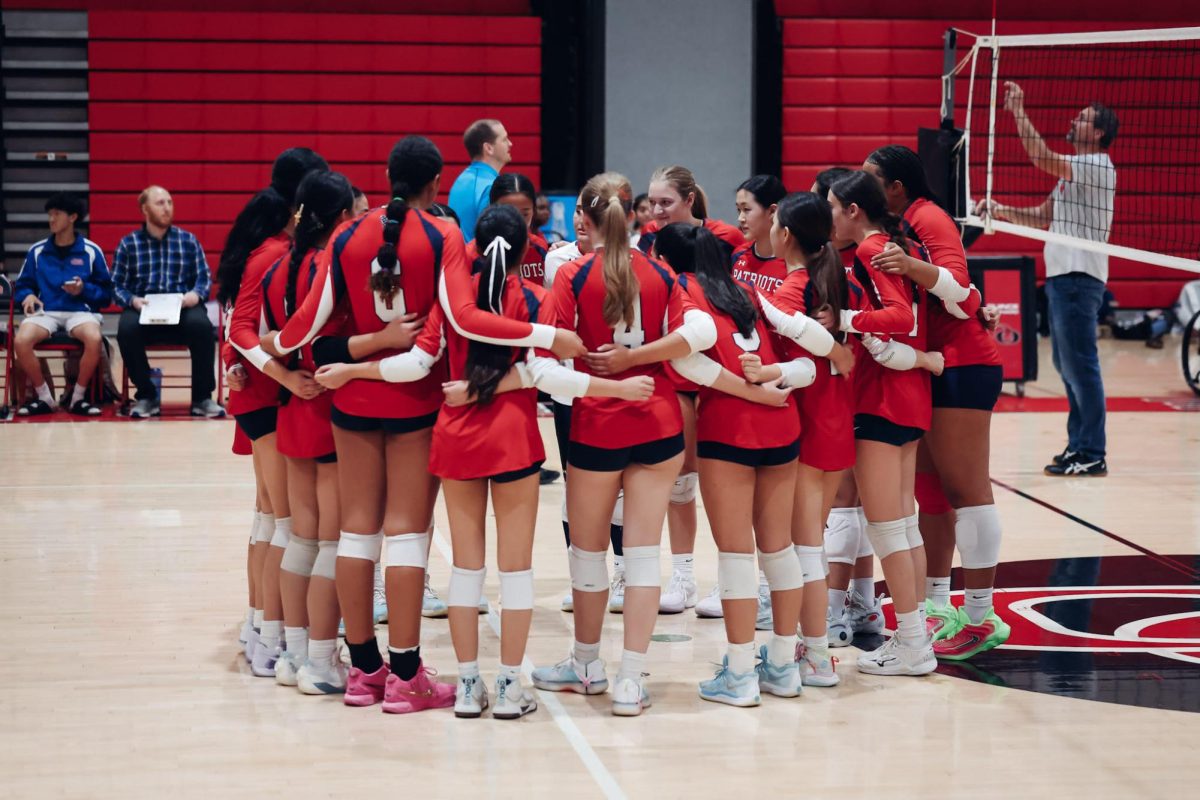An international break is a break in club play for a period of time in order for club players to play with their international teams. Play includes friendlies, which are games that have no reward or consequence if a team wins or loses, minor tournaments like the Nations League, which is its own tournament and can help seeding for other tournament qualifiers, and the actual tournament qualifiers, which see teams go up against each other for a spot in a major tournament like the World Cup or European Championships.
There are four international breaks for this year’s season. Two of these have already passed, the first being Sept. 2- 10, and the second being Oct. 7- 15. These breaks are caused by the Nations League group stage, often thought to lack meaning. The two remaining breaks are spread out from each other: The first is Nov. 11-19. This is the last break for the Nations League group stage. The last break of the 2024-2025 season comes four months later, Mar. 17-25. This is for the 2026 World Cup Qualifiers, which is extremely important.
The international break can completely break a club’s rhythm. Players need to adjust to a new team, with new players and new tactics. “I don’t like the international break because it messes up my club team’s chemistry and focus,” junior Erik Nersesian said.
The time of international breaks has come under scrutiny. International breaks are often directly in the heart of club season, completely disrupting the flow. “I’d change the scheduling to reduce conflicts with club season, maybe make the break shorter or schedule the games during the offseason,” junior Jibril Arezki said.
There are no club games during the international break, which means if you don’t have a country to watch, there are no games to watch that involve a team you support. “My least favorite part of the international break is there’s no club games being played,” Nersesian said.
While not having a country to support can be boring, watching players play with new teams and different tactics can be refreshing. Players can also be more passionate about representing their countries compared to their clubs. “My favorite part of the international break is seeing players represent their countries and different play styles,” Nersesian said.
Another positive of the international break is that matchups that would never happen during club play can happen during international play. Players who play in different countries or regions for clubs don’t get to play with each other, but with the international break, this changes. “My favorite part of the international break is seeing new and exciting matchups that wouldn’t happen in regular club play,” Arezki said.
The importance of players playing for their countries cannot be overstated. A player being able to connect to their country is invaluable. “It’s important for players to have the chance to play internationally because it lets them connect with their roots and fans from their country,” Arezki said.
One criticism of the international break is the risk of injury. Players who represent their country can risk getting injured in mostly meaningless games. “I don’t think it’s worth the risk of getting injured in international games,” sophomore Haim Mikowki said.
Only having international breaks during major tournaments is also a solution that is debated. This would eliminate the risk of injury in meaningless games, and would allow club season to not get disrupted as frequently. “I wish there were only international breaks during major tournaments like the World Cup, African Cup of Nations, or the European Championships, it would mean less international breaks and less injuries,” Mikowski said.
Others argue that having fewer international breaks is the best solution. This would directly improve the importance of each game that happens, because there would be fewer of them. “I think having less international breaks would improve the value when there is one,” Mikowski said.
The potential issue with fewer international breaks is that if players never played with their international teams, then they wouldn’t be prepared when they play in a major tournament, like the World Cup or European Championship. The level of play in these tournaments would significantly decrease and become worse to watch. “I think it is important for players to occasionally play with their international team,” Nersesian said.
While removing the international break outright isn’t an option, shortening it is. Fans argue that shortening the break is the best way to improve it. “I would make the international break shorter to make it better,” Nersesian said.
International break games can feel meaningless, largely due to the tournaments they are caused by. Tournaments like the Nations League hold little value, and can be boring to watch. “I think that having one big tournament like the World Cup or European Championship makes the international teams more exciting to watch,” Nersesian said.
Fans say that tournaments like the Nations League could grow and gain prestige, which would improve the international break exponentially. This also could help make international play as a whole more valued. “Tournaments like the Nations League should get more attention since they can add competitive value to international play and make it more meaningful,” Arezki said.
The international break isn’t all bad and it serves a purpose. Ways to improve it are discussed often, although no changes have been made. “It would be great to see a balance that allows players to play internationally without negatively affecting their club season,” Arezki said.


